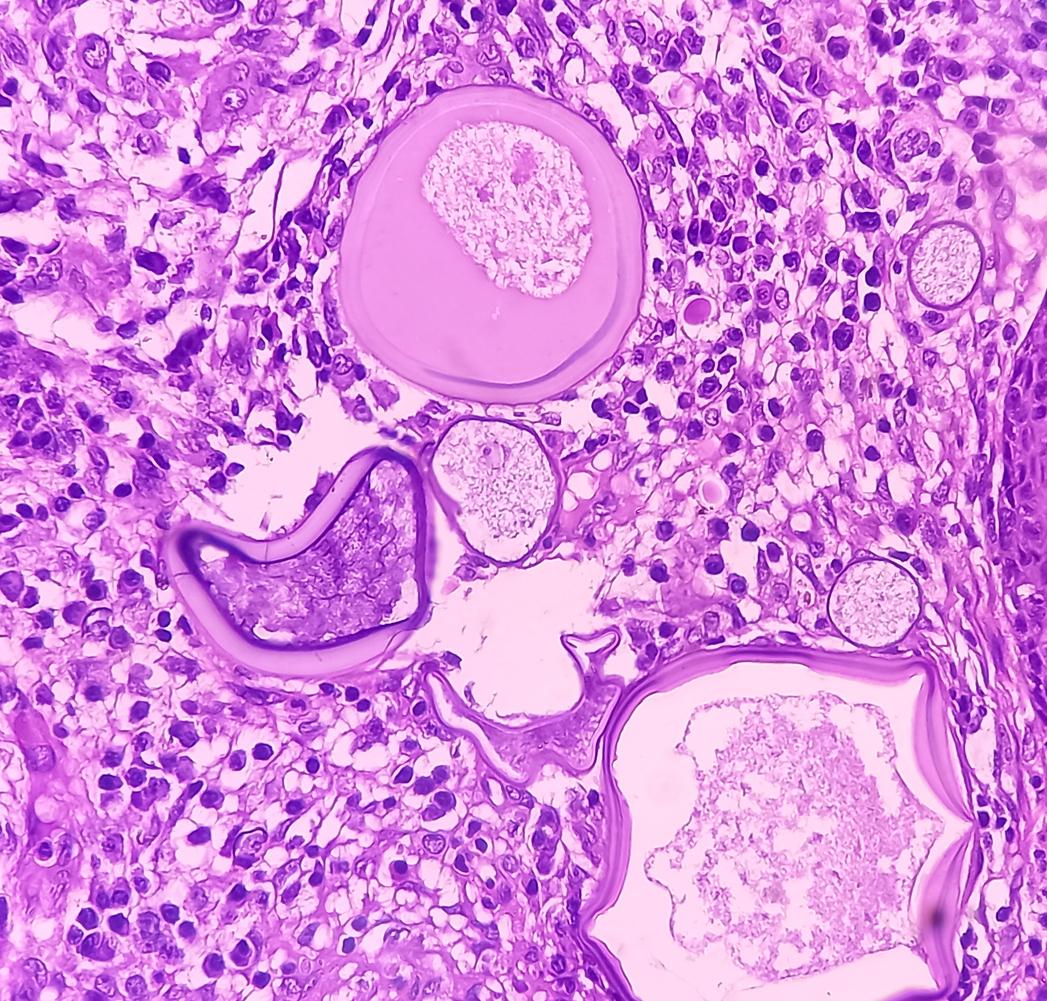The density of lymphatic vessels and the activity of immune cells that surround a tumor could help predict whether or not it is at risk of metastasizing, according to a French study.

In general, it is the ability of tumor cells to migrate through the body to colonize distant organs that determines the outcome of cancer. Most deaths are therefore due not to the original tumor, but to its metastases. Despite its clinical importance, this phenomenon remains poorly understood.
A team of researchers from unit 1138 “Integrative immunology and cancerology” (Inserm, Pierre-et-Marie-Curie and Paris-Descartes universities) carried out a genomic analysis of tumors in patients with colorectal cancer. The results show a very high diversity of tumors. Each patient therefore has “his” cancer, genetically well individualized, but no link could be demonstrated between the type of mutations found in the tumor, or the expression of these mutated genes, and the development of metastases.
On the other hand, other differences are significant: the density of the lymphatic vessels of the tumor microenvironment is significantly lower for tumors which have given rise to metastases compared to that for tumors which remain localized. Likewise, cells demonstrate less functionality in these metastatic tumors.
Extensive analysis
The researchers analyzed the tumors of 838 patients with colorectal cancer, localized (662) or metastasized (176), in order to identify the best predictive markers of the metastatic potential of a tumor. They carried out the most exhaustive examination possible, by analyzing all the genetic alterations by complete genetic sequencing, and by using different approaches to better characterize the immune response of the host.
In order to determine the exact nature of the links that exist between the tumor microenvironment and the risk of metastases, the team looked at patients showing either precursor signs of dissemination or a localized tumor, but with the subsequent development of metastasis.
The researchers found the same characteristics as in already metastasized tumors: a lower density of lymphatic vessels and a weaker adaptive immune response.
Therapeutic implications
These two independent parameters could therefore constitute early markers of the metastatic potential of a tumor. Their combined analysis could thus strengthen the relevance of the prediction of the phenomenon and thus develop more effective preventive treatments for metastases.
“Immunotherapies aimed at strengthening the response of T lymphocytes improve the survival of patients who already have metastases. Our results show that they could also benefit patients with localized tumors, but having a weak immune response, and therefore likely to develop metastases ”, estimates Jérôme Galon, research director at Inserm U 1138.
.















